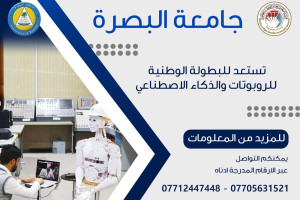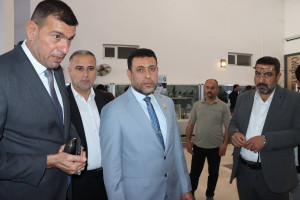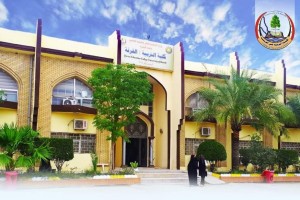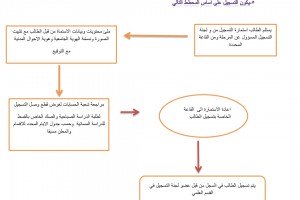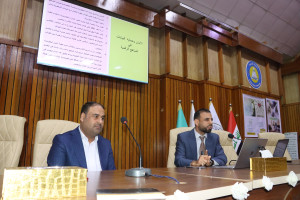
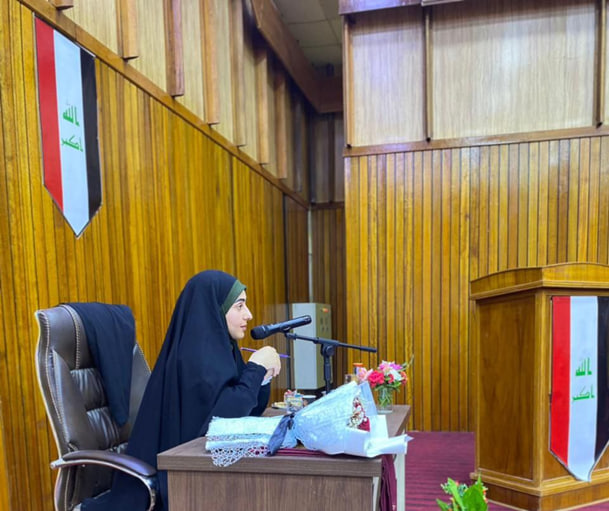
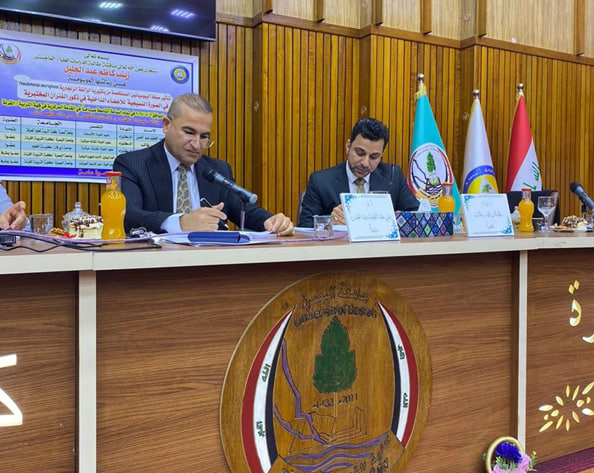
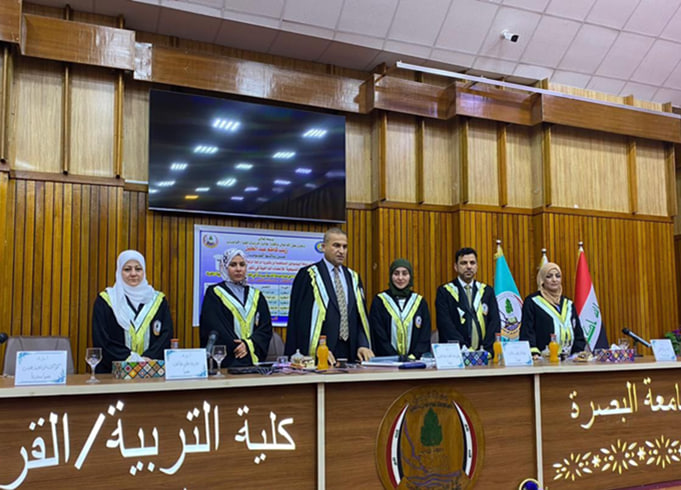
A master’s thesis in the Department of Life Sciences at the College of Education, Qurna, University of Basra, investigated (the effect of pyocyanin dye extracted from the bacterium Pseudomonas aeruginosa on the histological image of the internal organs of male laboratory mice). The thesis by student Zainab Kazem Abdel Jalil aimed to:
Knowing the effect of pyocyanin dye on some clinically isolated bacterial species and studying its effect on the normal breast cell line in vitro and on the histological structure of some organs of laboratory male mice.
The study found that pyocyanin tincture has high effectiveness in inhibiting clinically isolated bacterial species, and that the concentration injected in vivo has pathological histopathological effects in some organs of laboratory male mice, and that pyocyanin tincture has no effect on the normal breast cell line.
The study recommended conducting studies using other concentrations in order to reach concentrations suitable for human use, which encourages the possibility of introducing it into pharmaceutical industries as an anti-cancer substance, an antibacterial substance, or even a food coloring, and studying the immunological effects of the pyocyanin dye, along with studying the histopathological changes of the pyocyanin dye on other laboratory animals


